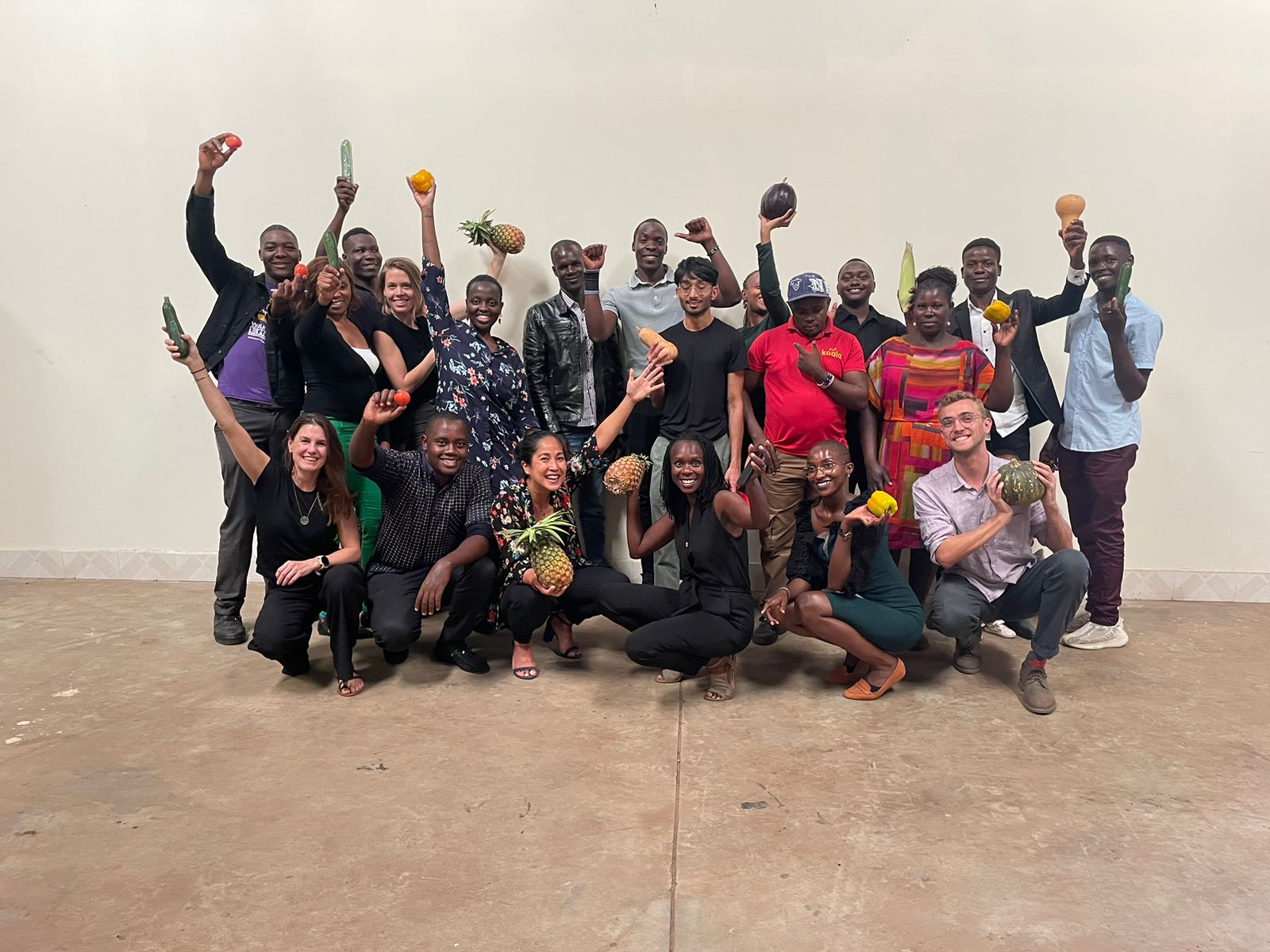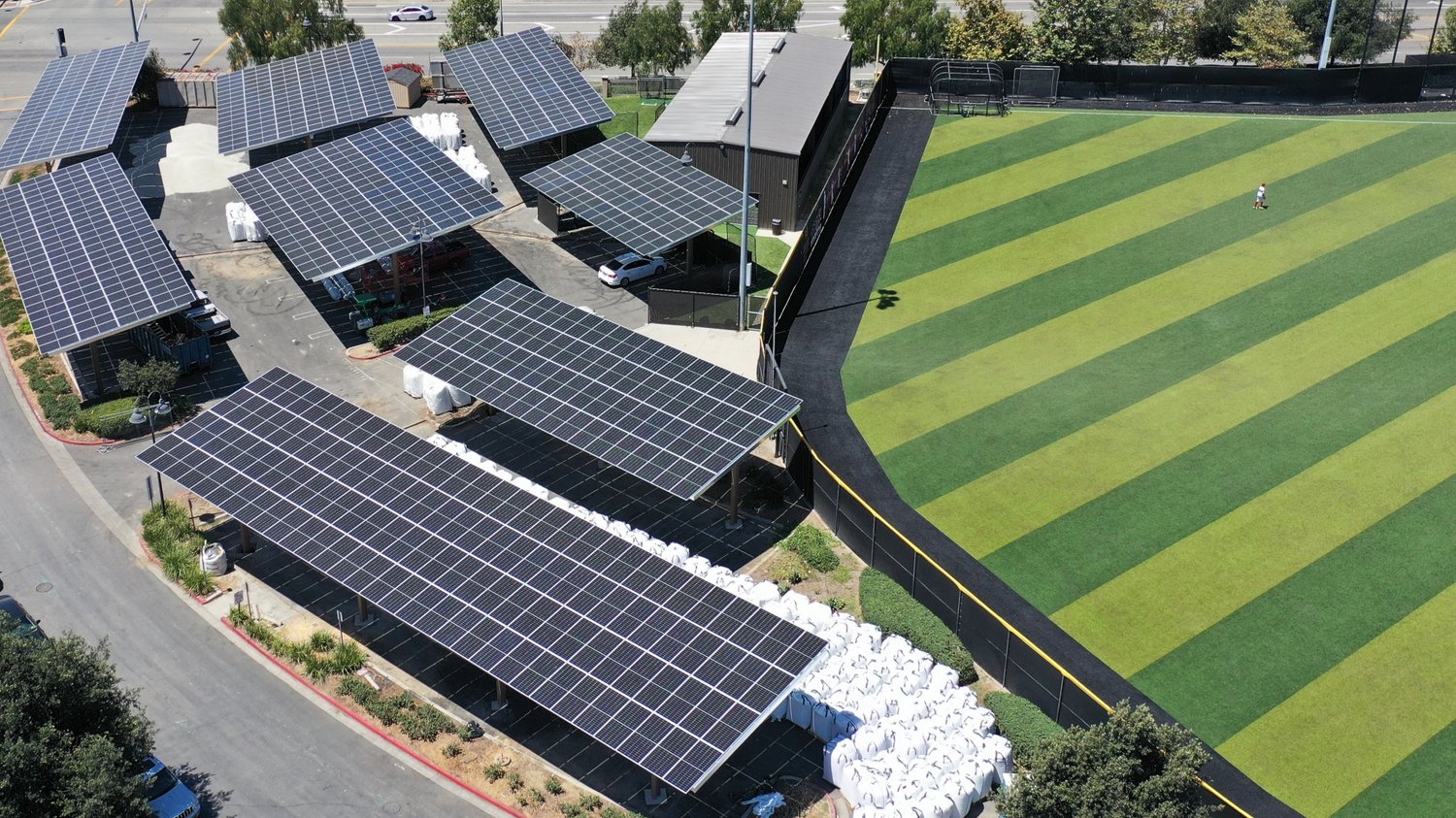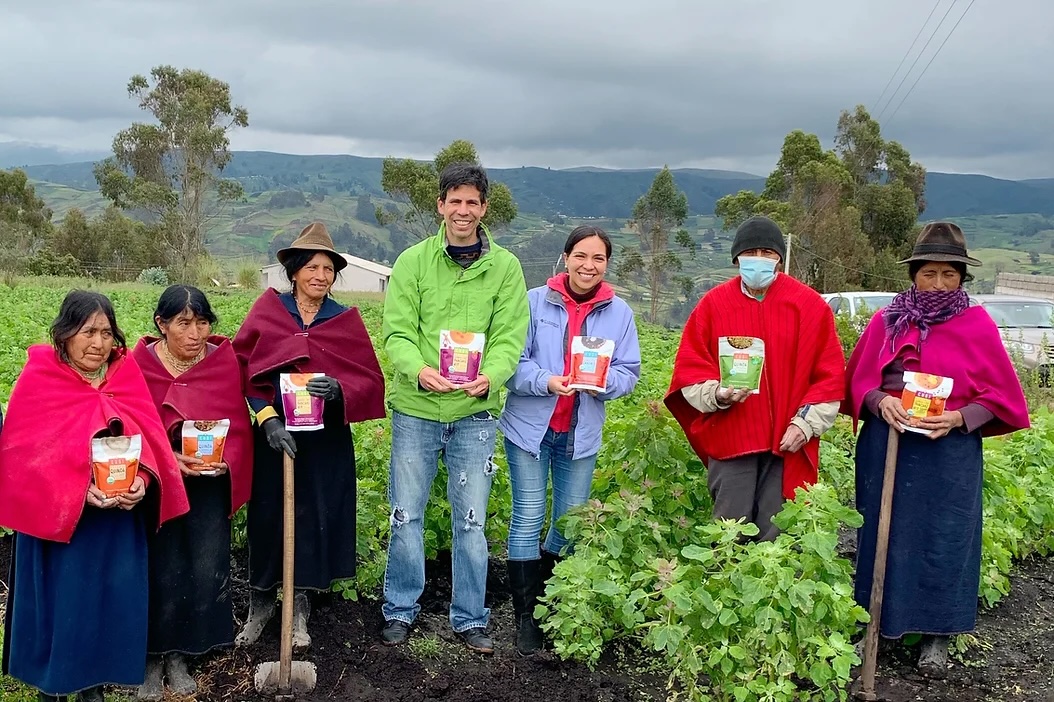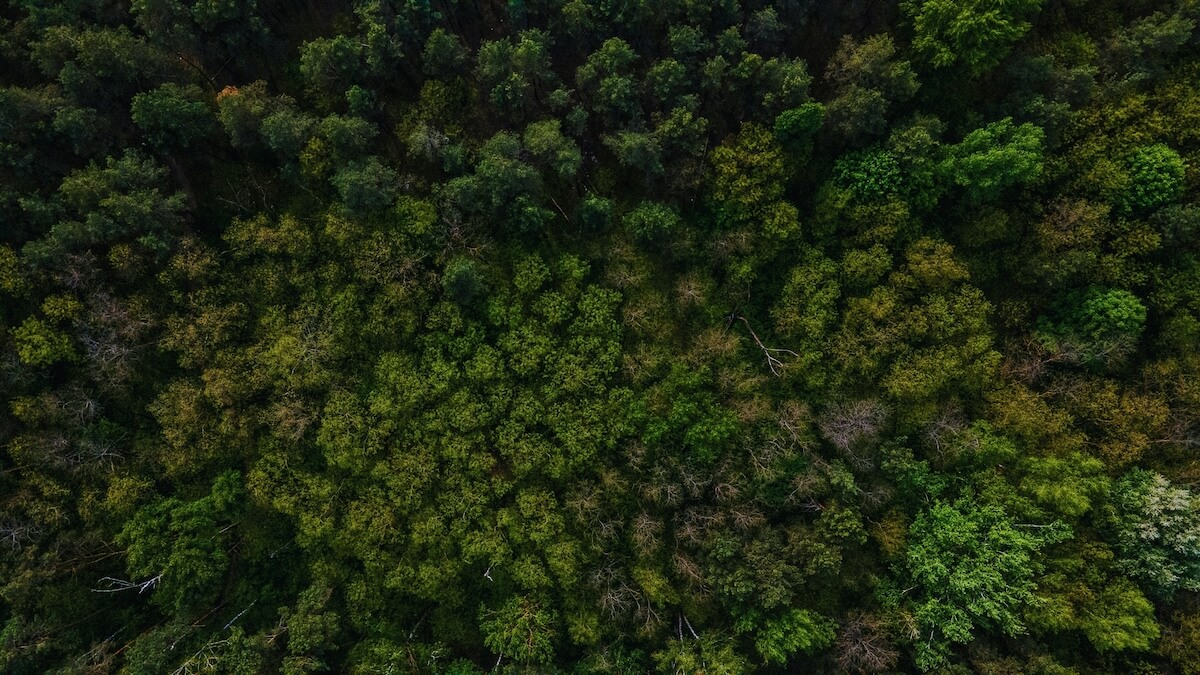ImpactAlpha, June 21 – In the year since Barbados’ Mia Mottley floated “The Bridgetown Agenda,” the need for 21st century institutions for financing global development has only grown more urgent.
Pandemics, climate-driven disasters and deepening cycles of sovereign debt are making business-as-usual ever less tenable and putting global accords such as the Paris climate agreement and the Sustainable Development Goals increasingly out of reach.
The reform agenda will take center stage at this week’s Summit for a New Global Financial Pact in Paris, hosted by France’s Emmanuel Macron outside the prescribed conventions of the G7, G20 and other traditional processes. The summit could raise pressure on multilateral banks, led by the World Bank, as well as national-level development finance institutions to optimize and scale funding for climate-resilient development.
“We’re seeing the emergence of leadership and creativity from developing economies to confront these challenges,” Dileimy Orozco with the consulting firm E3G said in a briefing. The slow pace of reform and growing distrust in global institutions on the part of lower-income countries, she said, “has forced creativity.”
The quasi-public institutions charged with financing global development are being pressured, by Prime Minister Mottley and others, to play a more catalytic role in attracting private investment. The risk-averse institutions are more likely to be catalyzed than catalytic, with investment practices that often make them look more like commercial investors than first-movers or change agents.
Some $2.4 trillion per year in public and private investment is needed for climate mitigation and adaptation, much of it in low- and middle-income countries. Rich countries have not even been able to muster the $100 billion for such investments annually promised alongside the 2015 Paris climate agreement.
Hot seat
The summit will draw more than 50 global leaders, including Brazil’s Luiz Inácio Lula da Silva, India’s Narendra Modi, Kenya’s William Ruto and the heads of many members of the so-called V20 group, a group of vulnerable nations that has now grown to 58 member countries. The new World Bank chief, Ajay Banga, is expected to participate. The US will send Treasury Secretary Janet Yellen and climate envoy John Kerry. German Chancellor Olaf Scholz is expected to show, but other G7 leaders, including President Joe Biden, will stay home.
Mottley’s Bridgetown Agenda calls for a $1 trillion boost in multilateral lending for climate-resilient development, longer term concessional financing, and measures to increase liquidity for indebted countries recovering from the pandemic or natural disasters. The World Bank recently called out the $7 trillion governments dole out per year in subsidies to fossil fuels, agriculture and other activities that harm the environment and human health.
But the bank itself is likely to be on the hot seat. A recent analysis of the World Bank’s climate portfolio over the past two decades found that funding is skewed towards relatively higher income countries and that the projects financed often have little to do with reducing greenhouse gas emissions or helping countries adapt to climate change. The authors suggest that “pressure to lend” may be leading the bank to prioritize volume over quality.
Several hundred projects out of the more than 2,500 included in the World Bank’s climate portfolio between 2000 and 2022 had no clear links to climate change, according to the analysis by the Center for Global Development and the Breakthrough Institute. The portfolio includes funding for education, payment systems, tax reform and Covid 19 response in poorer countries. One climate-tagged project financed digital government-to-person payments in Afghanistan.
A separate study from the Center for Global Development found that financing for climate adaptation from intermediary funds such as the Green Climate Fund and Global Environment Facility was less likely to go to the most climate-vulnerable countries.
“There is little correspondence with mitigation and adaptation going to where they are most needed,” the center’s Clemence Landers, a coauthor of the report, told ImpactAlpha. “The rich countries of the world just need to put their money where their mouth is right now.”
The new findings underscore a broader issue with a lack of transparency and impact accountability at development finance institutions. “Across the board DFIs are insufficiently transparent,” concluded Publish What You Fund’s “The DFI Transparency Index,” earlier this year. “For many DFIs, even basic information about their investments is not publicly available.”
Reform agenda
Some of the specific items to be discussed in Paris include a levy on maritime shipping that could generate up to $60 billion a year for grants to low-income countries for climate aid.
A “climate resilience clause” championed by Mottley would allow countries to pause debt payments in the event of disasters such as a hurricane or flood. (Barbados has made such clauses a standard provision in its debt deals). Also up for discussion are new methods to unlock private finance, such as $100 billion in currency risk guarantees by the IMF.
The Center for Global Development recommends letting countries set their own low-carbon development and growth paths as well as a shift in focus from financial inputs to measurable country-level development and climate outcomes. It also urges better mobilization of private capital by fine-tuning financial products to better match private capital gaps, and creating portfolios of sustainable finance assets to offer private investment opportunities at scale.
“More finance is not enough,” said Nancy Lee, a lead author of the study. “It needs to be combined with more effectiveness.”
Before they make new pledges, wealthy nations and the institutions they control “need to actually deliver on the past ones,” said Global Citizen’s Frederiek Roder at the E3G briefing. That includes the long-promised $100 billion in annual climate finance for low-income countries and a reallocation of “special drawing rights” from wealthy nations to poor ones. The rights give IMF member countries access to a reserve fund to shore up liquidity.
Wealthy nations, which have the lion’s share of the $650 billion pot, have been urged to transfer some of their drawing rights to poorer nations to help meet their climate commitments.
“We’ve been discussing the Bridgetown agenda for a year now, and there have been good words of support,” Roder said. “We will basically see who means business on this and who does not.”











